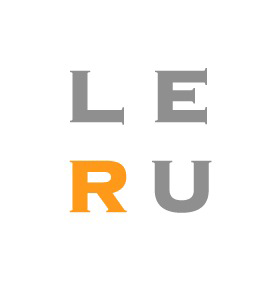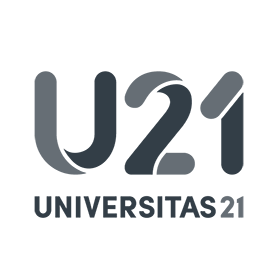Course Description
Course Manager: Pietro Andreani, E-huset room 2342b
Course Administration: Erik Göthe
Expected Requirements: Analogue Circuits/Analog elektronik ESS020 (or ETI 011, ETI240/0101)
Course Composition: lectures 22h, seminars 14h, laboratory work 12h. Individual study 100h.
Examination: written test (5h). Grade (3, 4 or 5) after passed test and finished laboratory work.
Goal and content: The goal is to provide a good understanding of the possibilities and limitations of implementation of analog functions on Silicon. It is particularly important to be able to use the cheap CMOS technology, that is dominant for the implementation of digital circuits. A major challenge is to achieve sufficiently high performance analog CMOS circuits, in spite of some drawbacks of CMOS compared to bipolar technology (eg. less gain and more noise). Especially in mobile phones there is an large interest in being able to manufacture the whole receive and transmit chain in a cheap "standard digital" CMOS process.
After the course the participants should be able to design important analog circuits from given specifications.
The most important parts of the course:
1) the interface between design and manufacturing of integrated circuits
2) the analog behaviour of the MOS-transistor
3) the effect of parasitics, mainly capacitive
4) basic analog building blocks in CMOS
Literature: Gray, Hurst, Lewis & Meyer: "Analysis and Design of Analog Integrated Circuits, International Student Version, 5th Edition", John Wiley & Sons, 2009. ISBN: 978-0-470-39877-7, Paperback 896 pages, May 2009, ©2010. Available at KFS.
See also 'Course material' in the menu to the left.

